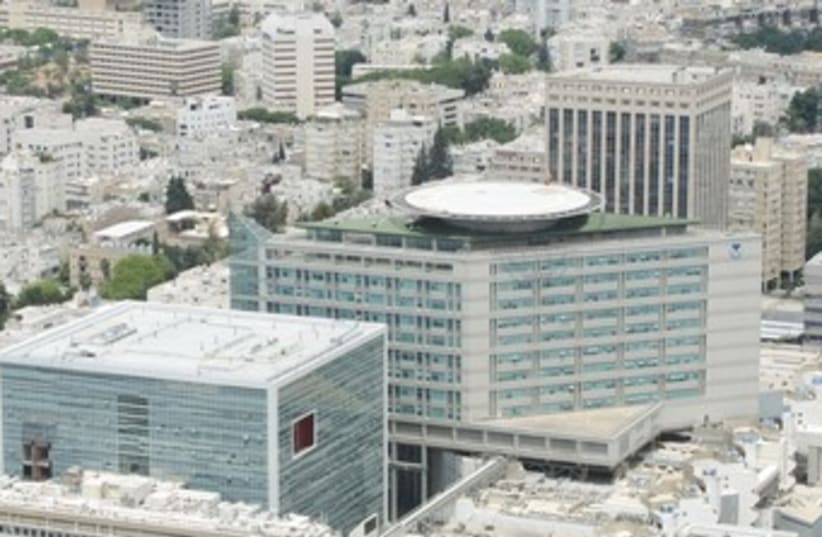Dr. Gabi Barbash is the CEO of the Tel Aviv Sourasky Medical Center.
3rd Opinion: Doctor, did you wash your hands?
I have long been seeking the key to this enigma, because with this key may come the solution. What am I missing?

Dr. Gabi Barbash is the CEO of the Tel Aviv Sourasky Medical Center.